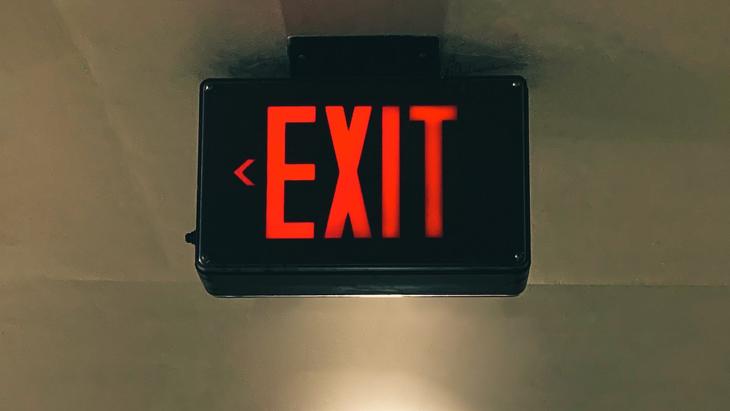Budgeting is an important step for anyone looking to align their spending with their values, priorities, and ultimate lifestyle goals. A budget serves as a road map, guiding you towards financial freedom and helping you make decisions that are in line with your long-term goals. In this article, we will discuss the power of budgeting and how it can help you achieve your desired lifestyle.
The Benefits of Budgeting
Budgeting can help individuals who are looking to save money, reduce debt, or plan for retirement. It allows you to allocate funds towards different areas of your life and prioritize what’s most important to you. For example, if your goal is to save for a down payment on a home, budgeting can help you identify where you can cut costs in order to reach that goal faster.
Creating a budget also helps reduce stress associated with money by giving you more control of your finances. With a budget in place, it’s easier to stay on track and avoid making impulse purchases or impulsive decisions that could lead to debt. Knowing exactly how much money is coming in and how much is going out gives peace of mind when it comes to financial security.

Setting Up Your Budget
Setting up a budget doesn’t have to be complicated or intimidating; it simply requires discipline and dedication. Start by tracking all your expenses for one month; this will give you an accurate idea of where your money is going each month so that you can adjust accordingly if needed. Once the month is over, categorize each expense into essential (rent/mortgage payments) or non-essential (eating out). This will give you a better understanding of where most of your income goes each month so that adjustments can be made accordingly if necessary.
It’s also important to set realistic goals based on what’s most important for achieving the lifestyle that best suits your values and priorities. This could mean adjusting spending habits such as cutting back on eating out or shopping trips so that more money can be saved towards retirement or other long-term investments such as stocks or real estate investments for future financial security down the line.

Sticking To Your Budget
Once your budget has been set up it’s important to stick with it; this means avoiding any impulse purchases or making decisions based solely on emotion rather than logic when it comes to spending money. It also means being honest with yourself when tracking expenses throughout the month; every purchase should be accounted for so there are no surprises at the end of the month when reviewing expenses versus income numbers against one another compared against expectations set when creating the initial budget plan at the beginning of the month prior stated earlier previously mentioned respectively .
It’s also important not to beat yourself up if something unexpected happens during any given month; life often throws curveballs at us and sometimes our budgets take a hit as a result but having an emergency fund at least 3 months worth living expenses ready in case such events occur helps cushion any blows until things get back on track financially again respectively .
Conclusion
Budgeting offers numerous benefits from reducing stress associated with finances by having more control over spending habits while still allowing room for fun activities along the way too in order improve one’s quality life style balance overall ultimately speaking . It takes discipline but establishing realistic goals based off what’s most important while sticking within those guidelines consistently helps put people closer towards achieving their desired lifestyle objectives over time gradually eventually .

 The Benefits of Meditation: How to Calm Your Mind and Find Inner Peace
The Benefits of Meditation: How to Calm Your Mind and Find Inner Peace